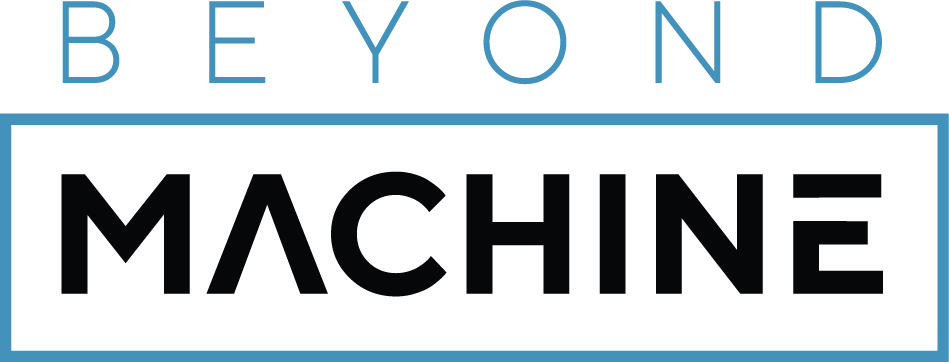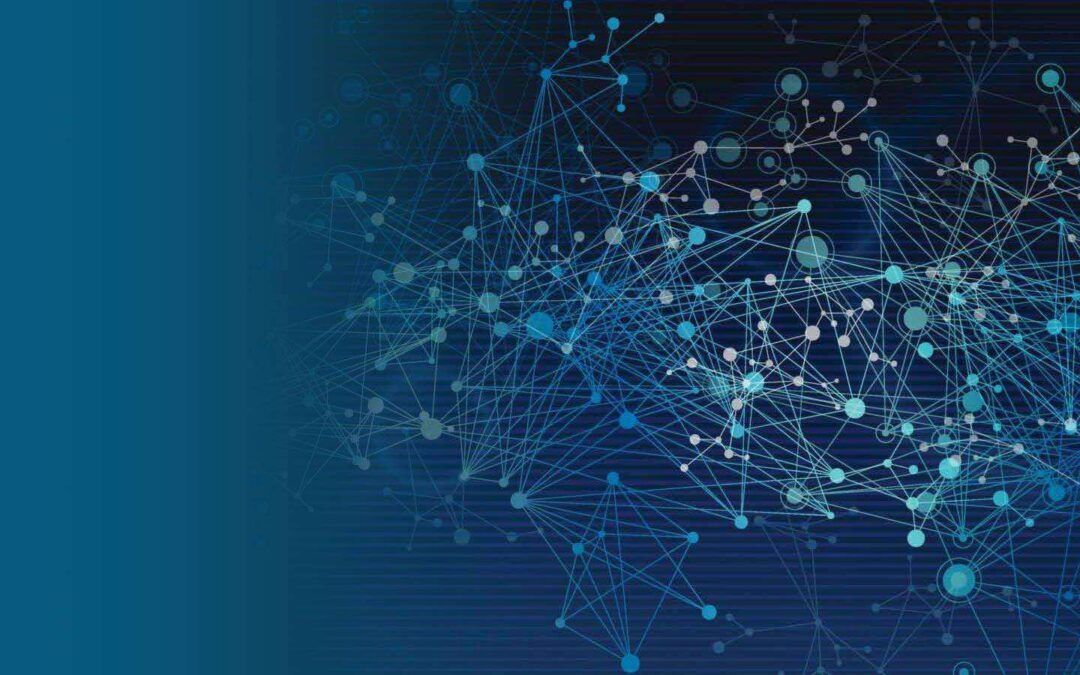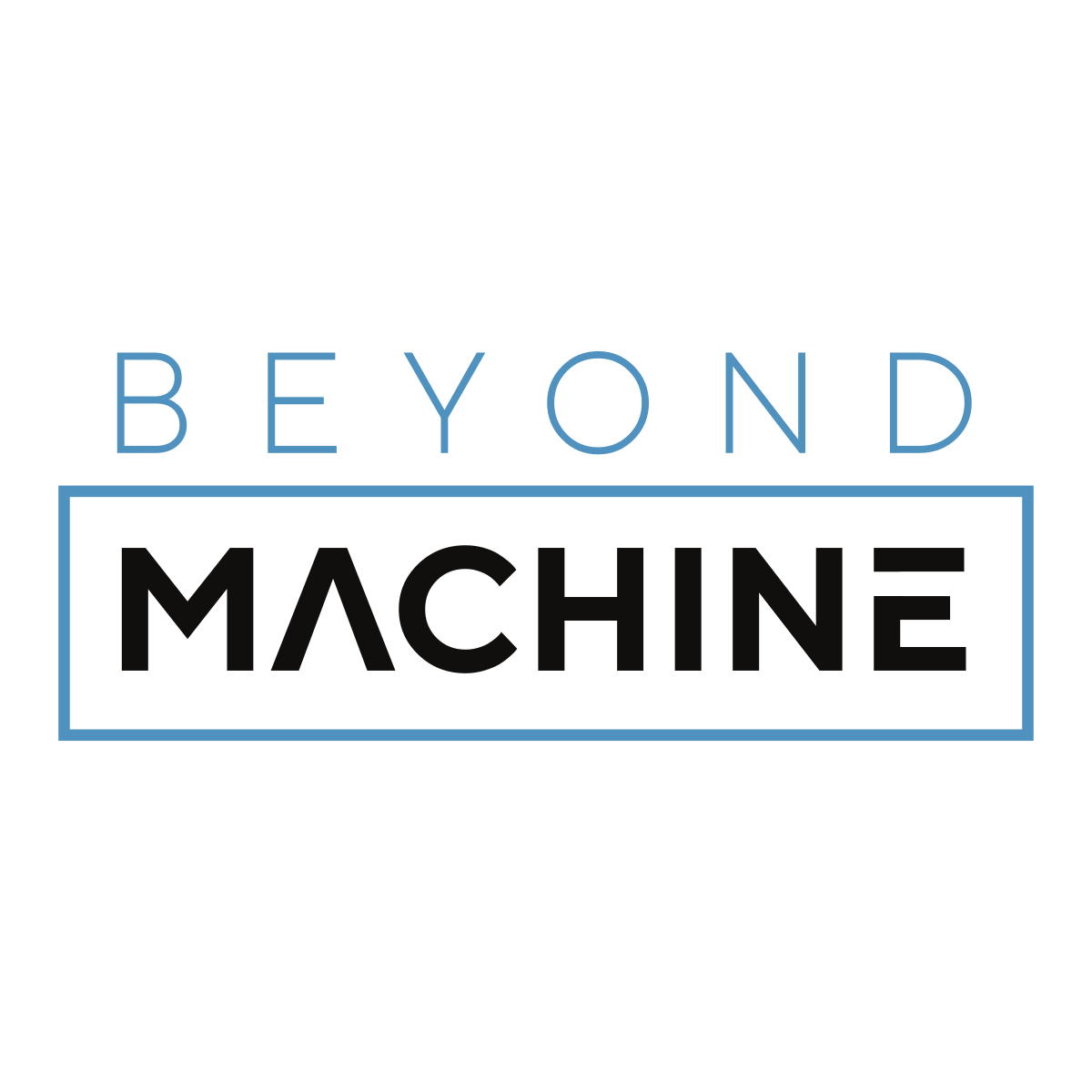Do you intend to make a career in data science or data analysis but are worried about the right one for you? Are you a graduate interested in exploring the data field as part of your college degree but unsure which pathway to achieve your career success?
If you’re a professional looking forward to diversifying your experience and speciality, data science and data analysis can be your best fit. Whether or not you have gained a degree in data-related fields, data science and data analysis have lucrative opportunities you can seize now.
However, you need to choose the right pathway that matches your professional and personal interests. In this article, I will guide you step-by-step with key details about data science and data analysis and their details. With my over 10 years of experience in data science, I’ll show you the differences between data science and data analysis, helping you to choose the option best for you.
What are Data Science and Data Analysis?
Data Science in its simplest definition is a multifaceted approach to gaining useful insights from voluminous amounts of data generated from business, productions, marketing, sales, and other daily human activities.
Instead of allowing them to waste, businesses have devised various approaches to maximize data and extracting actionable insights from them through data processing, analysis and visualization by data scientists and analysts. Data science includes the stepwise preparation of raw facts for analysis, processing, and visualization of the obtained results. The presentable insights generated through data analysis are usually reviewed and further applied by other stakeholders in data science.
Data preparation is an essential stage in data processing which is a key terminology in data science. It encompasses data cleansing, aggregating, and manipulation using methodological processes and tools which the data scientists must have mastered.
Such tools range from simple software such as Microsoft Office Packages to intermediate Python, Java, C++, etc. programming languages and upcoming intelligent data science facilities capable of processing billions of data quickly and accurately. Those sophisticated technologies have embedded capabilities to transform meaningless data into gainful information through human and AI-assisted predictions.
The outcomes of such analysis, predictions, and data visualization help businesses to make profitable decisions and avoid business catastrophes. For each of these developed models and algorithms, an indisputable test and follow up experiment must be conducted to validate its accuracy. Therefore, most data science requires a background in computer science, mathematics, and statistics to successfully interpret numerical and quantitative results and understand analytical patterns in data science.
Like data science, data analysis is the scientific and entrepreneurial practice of analyzing raw data by automated mechanical processes and algorithms. Data analysis is a subfield of data science popular among businesses who want to analyze and study their business data for the sake of understanding their customer, learning about competitors, and generating more sales that translate to bigger returns.
Unlike data science, data analysis techniques focus on revealing trends and metrics which businesses can seize and learn from. Data analysts are best at cleaning, polishing, transforming, and visualizing processed data into clearly recognizable segments that business directors and team members can quickly comprehend.
The practical information obtained from data analysis can then be optimized to increase overall productivity. In today’s organizations, data scientists and data analysts are increasingly making better use of unstructured, structured, and semi-structured gigabytes of data for humankind’s benefit whether in scientific research, technology, eCommerce, banking, agriculture, entertainment, or governance.
In most companies, data scientists and data analysts collaborate to execute projects. Hence, most times, their roles may intersect.
What are the differences between data science and data analysis?
Most differences between data science and data analysis can best be understood by learning more about the functions of each of these professionals in companies. The differences between a data analyst and a data scientist are technically unrelated in terms of professional duties and scope of knowledge and variety of experiences. So, data scientists play more technical roles while data analysts are groomed to have a knack for business and succeed in understanding entrepreneurial and financial insights.
This is why most e-commerce, marketing and financial brands would rather employ a data analyst instead of a data scientist. However, data scientists are mostly focused on scientific research and inquiries that lead to unravelling hidden insights. They develop new means and optimum approaches to maximizing data, exploring depths that data analysts don’t.
For instance, data scientists must be acquainted with extensive knowledge in coding languages such as Python, C++, Java, Perl, etc. while data analysts learn Python and R to succeed in any data analysis role. Data analysis requires only essential principles or no prior experience of programming compared to having in-depth knowledge of programming tools as a data scientist.
Data scientists work with machine learning algorithms, enabling them to easily generate insights whereas data analysis doesn’t incorporate machine learning to make data-driven decisions. This limits the scope of data analysis, from micro to mini scale projects, often involving one or a few professionals in each business or department.
Data scientists are often tasked with exploring alternative channels and innovative methodologies as well as creating processes and systems from scratch, unlike data analysts. While data analysis polish existing structured data, data science heavily deals with unstructured data. Hence, statistical skills are of less importance in data analysis compared to data science
In the industry, data analysts are assigned to support business leaders who work together to move a department forward using data. The capability of these analysts to make informed decisions and apply useful trends in business decision-making makes data scientists extremely helpful in companies.
Can I learn data science and data analysis without a degree?
Though challenging, you can learn and master data science and data analysis even without a college or university degree. Presently, countless people lack educational backgrounds in these fields but are exceedingly fantastic data scientists and analysts. Those professionals earn comfortably in their enjoyable data science and data analysis roles across various industries. If you enjoy or fancy data science and analysis, becoming an expert here doesn’t necessarily require a degree.
Once you have foresight and passion for gathering, cleaning, and studying data, you can help researchers and businesses to make data-driven decisions. Whether a degree or not, a potential data scientist or analysis personnel must be inquisitive and anxious to solve tasking problems using data. Ready to become a data scientist or data analysis professional without a university degree, the following are practicable ways you can actualize your career dreams in these fields
7 ways to become a data scientist or data analyst without a degree
- Acquire a basic or foundational education as low as high school or a few years in college
- Build outstanding technical skills
- Experimental projects that will allow you to practice with a real dataset
- Develop a professional portfolio of your work
- Present your findings to an audience
- Secure an entry-level data analysis or data science job
- Seek professional certifications and degrees that complement your technical skills and experiences.
- Acquire basic education
It’s more straightforward for someone who studied computer science or statistics to become a data scientist or analyst. But this doesn’t mean that ordinary people or professionals in other fields and even those without university degrees can’t pitch their tent in those areas and perform well. Taking beginner or intermediate level courses in data science or data analysis can help a newbie start to gain experience and get ready for a professional role with high pay.
- Gain technical skills
People without a data science and analysis background who are interested in enhancing their knowledge of data utilization in solving real-world challenges can get started by developing foundational knowledge in those fields. Getting an overview of the scope, relevance, requirements, and job opportunities in the fields is a good way to start.
- Work with real projects
After exploring available options in data science and data analysis, go further towards becoming a true professional by building your technical skills in statistics, programming languages, SQL, data visualization and presentation. Begin your journey by identifying those tools and mastering them one after another. In addition to technical skills, acquiring communication and human-relation skills is essential for collaborative work culture.
- Showcase your success with a professional portfolio
After learning several data sciences and data analysis packages, start working on tangible data from production industries, businesses, government, and research teams. It is best if you can partner with teams who’ll feed you with real-time data. You may start with free climate, news, and research data accessible on public domains. Most starters would also gain inspiration from past projects before commencing a personal project.
- Visualize and present your work
Begin communicating your findings by building a personal portfolio where all your interesting projects are saved for the public’s and hiring manager’s view. If you are working on a group project, copy and paste, upload or share your discoveries to your portfolio.
Through your professional portfolio, you can further practice presenting your findings using presentation tools and data visualization technologies. This is particularly important as data scientists and analysts must be able to present their results interestingly and confidently. So, learning how to present your findings enables you to lovingly tell a story with data to prove the authenticity of your results.
- Apply for entry-level jobs or internships
After gaining in-depth experience by working on real data, start applying for entry roles in companies that need data scientists and data analysts. Don’t be afraid to send your curriculum vitae and resume to businesses, whether Fortune 500 or start-ups. Whether you feel qualified or inexperienced, try your luck and be hopeful.
Most companies would often prefer hiring teachable data scientists or analysts who are humble and patient to learn and grow alongside the brand. Hence, would welcome newbies who don’t even have a background in these fields but are willing to try it out. While adults with working experience can assume full-time data science and data analysis roles in established businesses, students can apply for internships.
- Obtain professional certifications
Once you are confident in your skills and expertise in handling data, it’s time to acquire professional certifications to back up your practical knowledge and expertise in data science and data analysis. This will strengthen your confidence in your skills and expose you to more high paying data science and analysis job roles. Most people who become data scientists or analysts in non-traditional ways usually register for advanced degrees in colleges as part-time students learning on campus or online. Since such individuals already possess work experience in those fields, all they require would be some degrees and other refresher courses to enhance their knowledge.
Most practising data scientists and analysts who need a LinkedIn makeover improved CV and resume or consultation with data science/analysis experts can also take self-paced courses to deepen their knowledge. Thanks to the internet and technology, anyone can now become a data scientist or analyst even without a degree in this field.
Conclusion
Dreaming of becoming a data scientist or data analyst even without a university and a college degree? Do you need the knowledge of data science and analysis for promotions in your current role?
Are you interested in securing your dream job in data science and analysis and looking for a way to get started, we can help you? With over 10 years of experience in data science and data analysis, we will teach you the rubrics, guiding you with one-on-one lessons from the fundamentals until you become a pro.
Our courses are affordable and easy to understand with numerous exercises and assignments you can learn from. At the completion of our courses, you’ll be readily equipped with technical and practical skills to take on any data science and data analysis role in companies, collaborate effectively among teams and help businesses meet and exceed their objectives by extracting actionable insights from data.
Start your journey in data science and data analysis today by viewing our free webinar.
Wanna become a data scientist within 3 months, and get a guaranteed job? Then you need to check this out !







